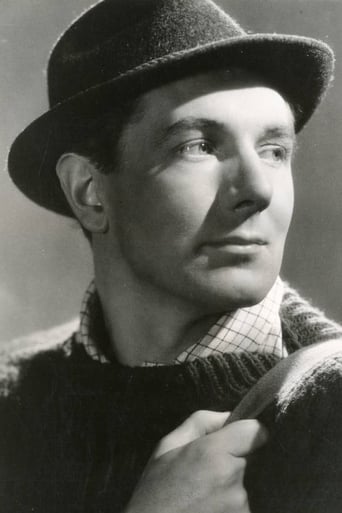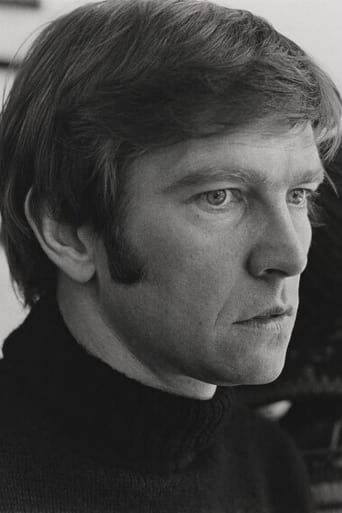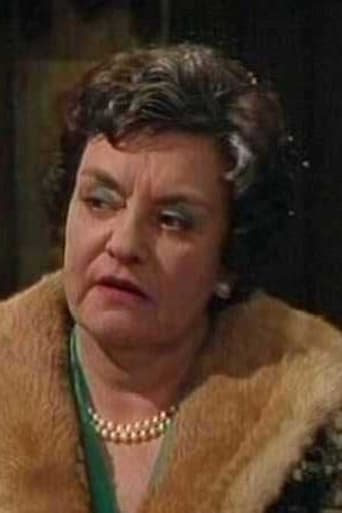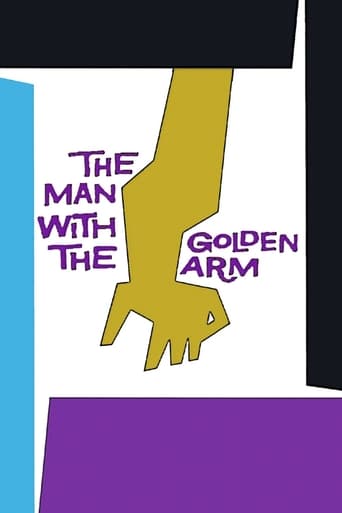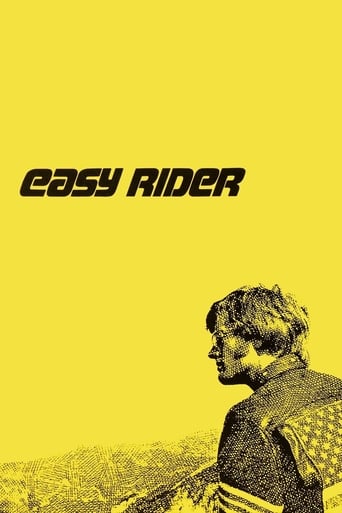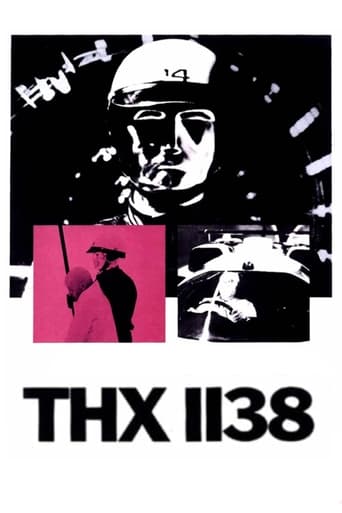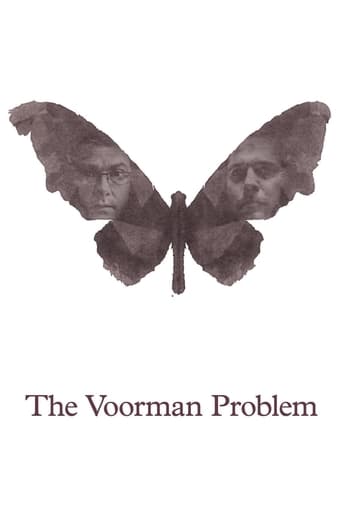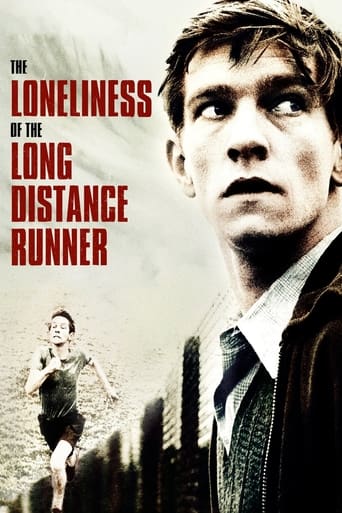
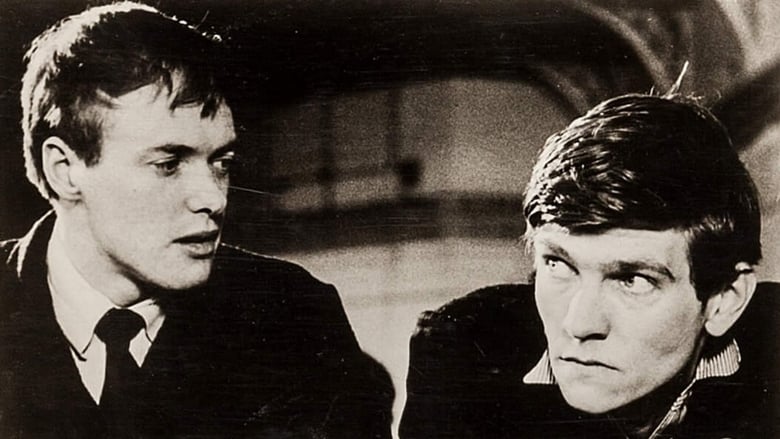
The Loneliness of the Long Distance Runner (1962)
A rebellious youth sentenced to a reformatory for robbing a bakery rises through the ranks of the institution through his prowess as a long distance runner. During his solitary runs, reveries of his life and times before his incarceration lead him to re-evaluate his privileged status as a prized athlete.
Watch Trailer
Cast


Similar titles
Reviews
I'm a long distance runner, I love film, and appreciate British cinema, so I thought I check this out. It was not at all what I was expecting! It is a no-nonsense story about the class system and society of Britain in the late 50's and early 60's as told through the experiences of one young man who due to his success in distance running gets a chance to break away from the label society has put on him elevate himself to an other place and yet refuses. Tom Courtney is really good here. The B&W cinematography is wonderful, as is the sound/score. On one hand it's very much representative of Britain at this time and yet I feel the story is still very relevant to this day in Britain and here in America. Overall this is an interesting and thoughtful film.
Many people label the film as a rebellious lad striking out against authority. That is rather a poor analysis. The young man's dilemma is that he is an intelligent lad who sees the pointlessness of the common man's goals. Clearly, the pursuit of money is pointless to him. Yet he is without direction, which has as much to do with his upbringing and surroundings as his apathy for the pursuit of wealth.When he is sent to the borstal for committing a crime he is surprised to see that his status there begins to climb. This is because he is a terrific runner and the governor of the borstal values athletics and particularly runners. For some time he plays the governors game of honing his skills for an upcoming Cup Race against a public school. Ultimately, the lad understands that the governor's interest in him is not a genuine care for his welfare, but the governor's own selfish desire to win his borstal some acclaim.His fight is not just with the establishment. Clearly he resents the "bosses" who get rich off of the workers sweat and blood. He associates his father's death to his working his guts out so the owners could get rich. But his fight is also with the people who he expects more out of. He is greatly disappointed by his mother. Especially when she quickly takes up a new lover and by her whimsically spending of her husband's life insurance money. Lastly, the governor himself, who is more interested in personal projects, than the welfare of the young men he is in care of.This is a wonderfully written film with a terrific performance by Courtenay.
This excellent example of the early '60s New British Cinema stars Tom Courtenay as the ubiquitous Angry Young Man, in this instance a working class lad in reform school being groomed to challenge the Public School snobs in a cross-country race. The outcome probably won't surprise too many people, but the film was never meant to be about the sport of competitive running. The emotional focus is directed instead on the character himself, and on the social environment which helped shape his discontent, a familiar obsession with British movie makers at the time. Glowing black and white photography and a healthy dose of irony, energy and style have kept the drama from aging a day in the decades since it was first released.
Another exceptional entry from the British kitchen-sink-drama genre, of of which I'm a great admirer, this one tougher and grittier perhaps than most, taking us into borstal life as we follow the recent life and times of petty criminal Colin Smith, (a young Tom Courteney) and his journey to self-respect and awareness which he memorably demonstrates in one of the cinema's best ever examples of rebellion, at its conclusion.Jobless, bored and with no emotional connection to either his parents (even his dying father) or much younger siblings, Smith only comes alive when out with his best mate, pre "The Likely Lads", likely lad James Bolam and their attempts to "pull birds" and later rob a bakery in the bleak factory town of Nottingham. When after his father's painfully-suffering death, his mother wastes no time in bringing into the house a spivvy past admirer, supplanting Courteney's position as man of the house, he not unnaturally rages against conformity and attempts to break out of his dull surroundings.The movie employs a complicated flashback technique as we see in retrospect how Courteney came to his present pass and explaining his motivations initially to embrace the freedom that running appears to give him (in truth the drudgery of his life is almost identical to that in the family home) but ultimately to spectacularly reject his assumed acquiescence with establishment expectations in the cross-country race he is sure to win.As was so often the case in these films, the cinematography is first-class, accurately recreating the black and white drudgery of the working-class lives portrayed. Tony Richardson's direction is highly imaginative, not only in the afore-mentioned employment of the film's time-frame, but with many other neat touches throughout. I especially liked the montage of his mother, in true Vivienne Nicholson style (even buying what looks like her iconic coat!) spending the death payment award from her late husband's employer as a series of TV-style adverts, complete with "star-dissolves" in between.It can't be coincidence that the main authority figures here are identikit models of Britain's then Prime Minister Harold ("you've never had it so good") MacMillan, especially Michael Redgrave's seemingly benevolent but ultimately self-serving borstal manager, a point also hammered home by Courteney and Bolam's lampooning of a TV political broadcast by an anonymous government minister. Interestingly though, the film goes easy on the public schoolboy types that Courteney has to race against at the end, reinforcing the impression that Courteney's complaints are generational and not just class-driven.The acting is very good, Courteney looks like he's just stepped out of "The Victor" comic as Alf Tupper "The Tough of The Track" and in the background amongst the inmates, you'll see alongside Bolam, another future TV stalwart, the late John Thaw. Redgrave is good as the patrician governor while the girls playing the two girl-friends are also satisfactory.One could argue that real life in borstal was almost certainly much tougher than portrayed here but obviously the prevailing censor had to be catered for and the trad jazz soundtrack seriously dates the film for modern viewers (although at the time it was admittedly very popular in the UK - thank goodness The Beatles were waiting in the wings to sweep it away). It seems that most of the best "kitchen-sink" dramas of the era centre on frustrated youngsters railing against their surroundings and the old establishment. Although a law-breaker, it's a credit to Sillitoe's story-telling and Richardson's directorial vision that we empathise so much with Courteney's individuality and determination not to conform.


